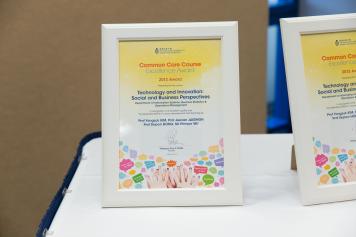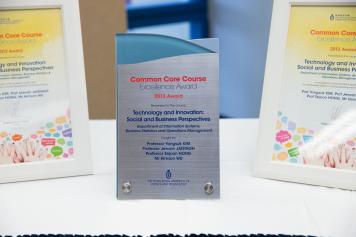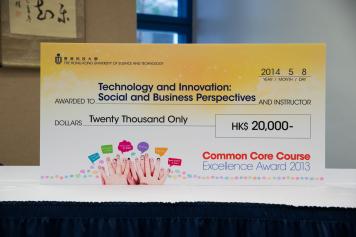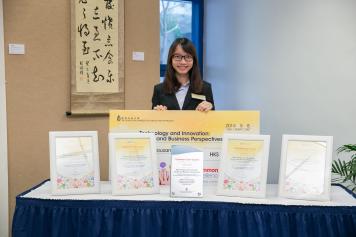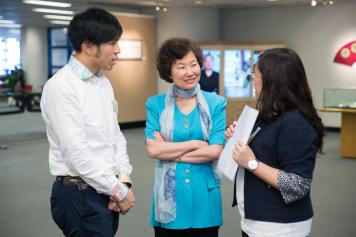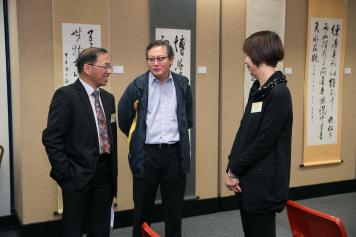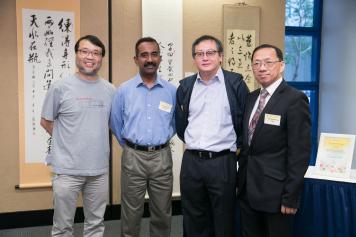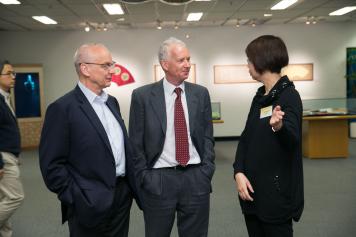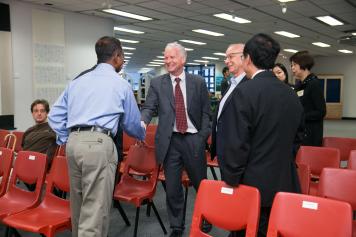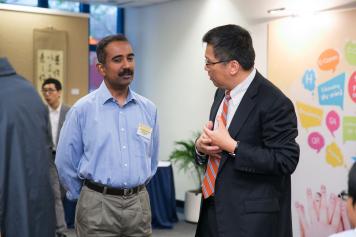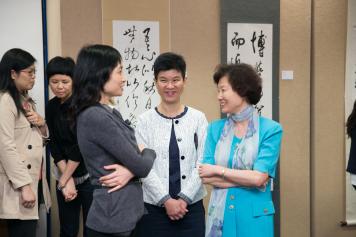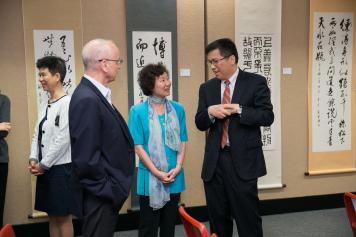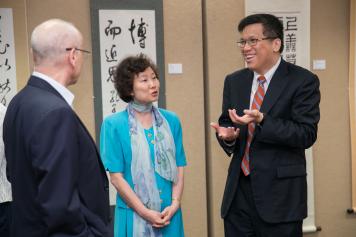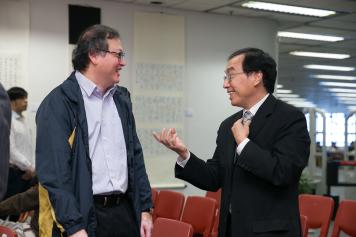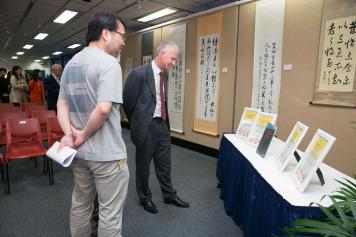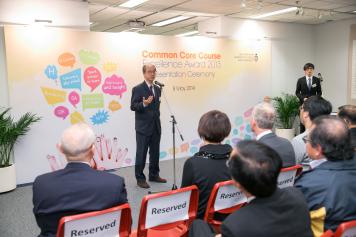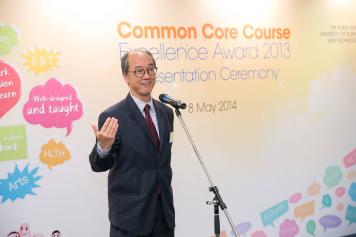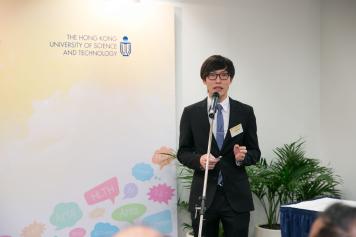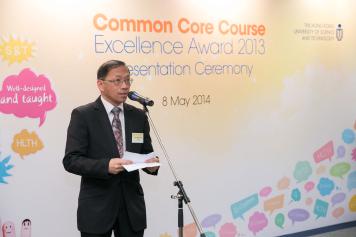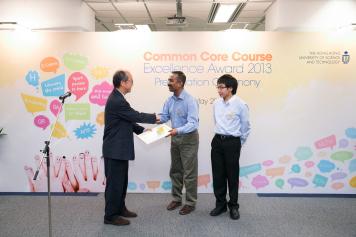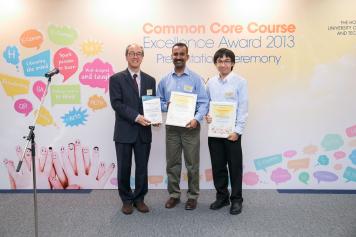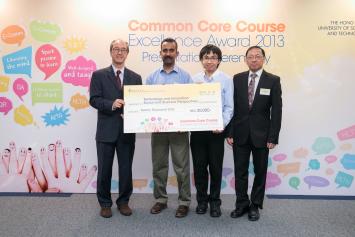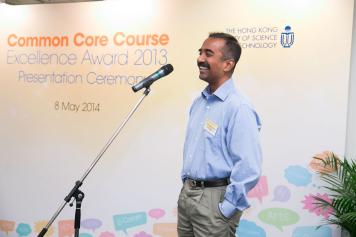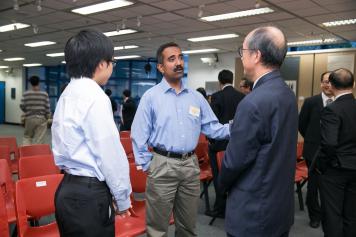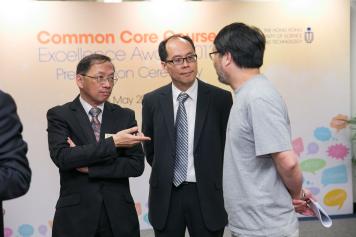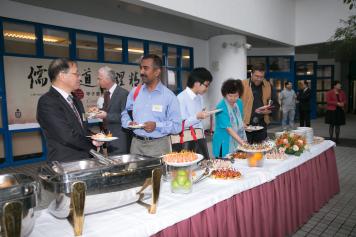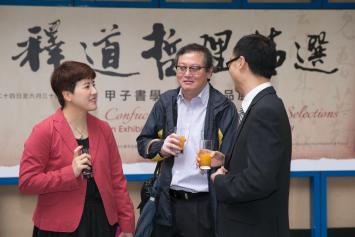Understanding the successes and failures of technology innovation is an interesting topic to students who are all users of technological products. Grasping the concepts in innovation management will also empower them in their future careers. However, as one of the instructors remarked, there is no “one best way” to manage innovation. Maintaining a comprehensive and balanced view of the complex relationships among business, technology, and society is the key.
The Selection Committee is impressed by the well-planned pedagogy used in this course, as well as the design of a well-structured content, to create a unique, synergistic learning experience for the students. The course brings out interesting yet important innovation dilemmas to challenge students’ conventional assumptions and thoughts, and invites them to develop an intellectual capability to tackle innovation challenges with approaches that may seem counter-intuitive.
The concept of innovation can be abstract and difficult for students to grasp and apply in the real world. The instructors wittily go beyond traditional lecture and take students on an experiential journey to gain a simulated experience about product/service innovation through in-class exercises (e.g. paper airplane flying contest), to be followed by reflection and experience sharing at class discussion. Various elements of product innovation will then be introduced, and students are challenged to apply these elements in case discussion. The interesting case studies not only stimulate students’ curiosity to explore socio-technological dilemmas and challenges, but also broaden their perspectives by guiding them through critical evaluation of possible solutions.
One student remarked that ‘The topics are extremely current, which makes it far easier to generate interest among the students.’ Another student wrote in a personal thank-you email, ‘…many [of the] theories taught [in class] and example[s] really match our reality.’
Students are highly engaged in the group project. They are motivated to learn as the content is relevant to daily life. Empowered by the Wikiboard technology, student-student and student-instructor interaction outside the classroom becomes easy and effective. Students can conveniently make use of this online platform to coordinate activities, sign up for groups, ask questions, give responses and monitor the progress of their project. Through giving constructive evaluation to each other, students learn from their peers and create a collaborative peer-learning experience for themselves.
The diversified teaching pedagogies, effectively delivered through the dedicated efforts of the instructors, make this course well-received by the students. Being able to spark students’ passion for learning and develop their analytical and independent thinking abilities, this course stands out as a unique and outstanding example of our Common Core courses.


